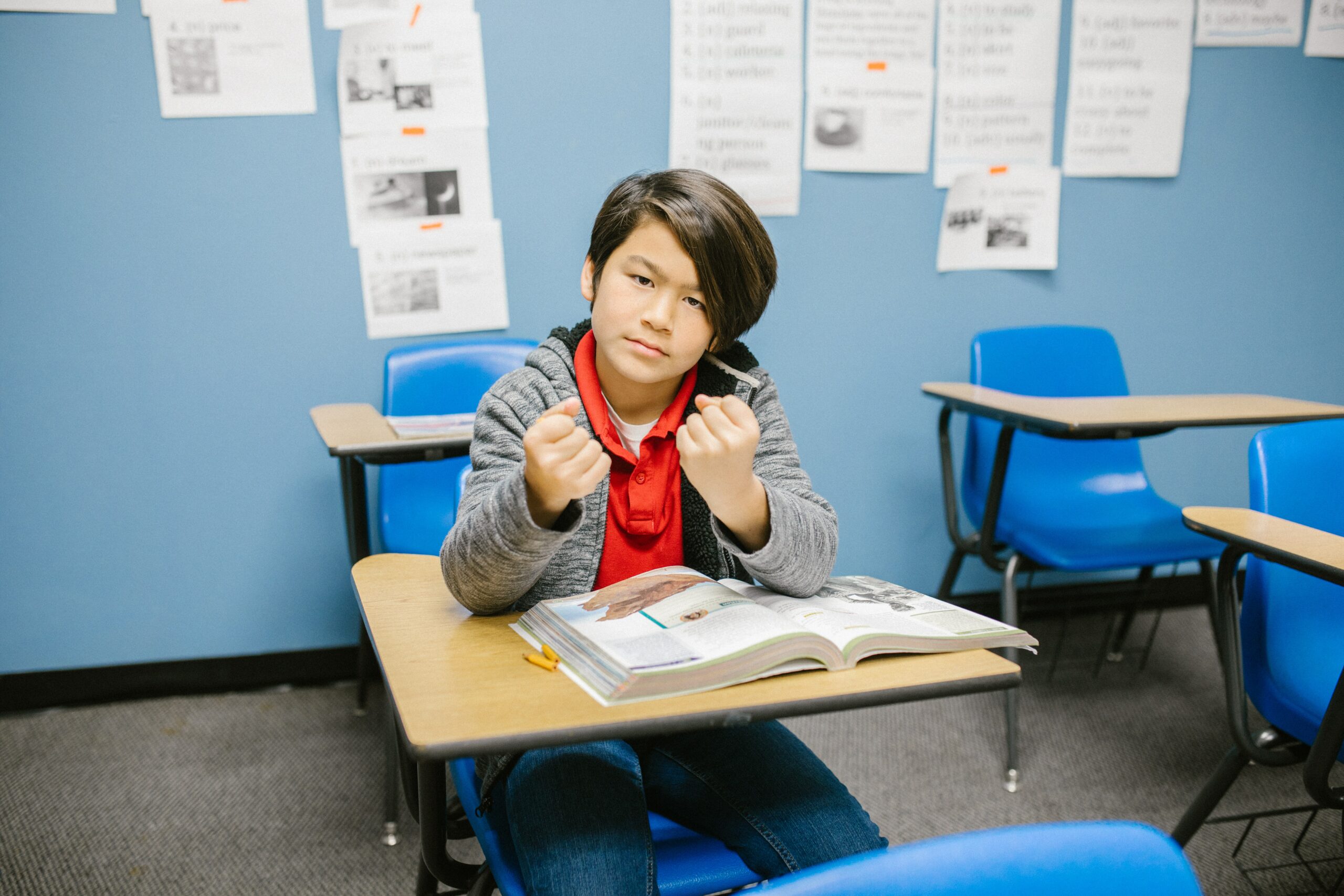September is almost here, bringing with it the promise of a new beginning in the form a new school year. But with new beginnings also come transitions. And with transitions, even happy ones, stress is usually lurking nearby. It’s a lot to balance as students adjust to earlier schedules, increased demands on their time, and novel scholastic challenges. What follows is a metaphor I use for talking about teen stress.
The image seems to resonate, so I thought I’d share in the event it helps a parent out there connect with their kid during this unsatisfying and messy time.
First, I extend my arm and hold up the large cup of water I carry with me nearly everywhere I go. And then I say the following:
“This cup is full of water. It’s not too heavy, but it’s not light either. I could hold it out like this for a minute or so, and that wouldn’t be too hard to do. I could maybe even hold it here for a couple minutes, and I wouldn’t be worse for wear. But after 5 minutes, my arm muscles will to start to bother me. After a few more minutes, my shoulder will start to ache. My muscles might start to tremble. My neck might cramp up. My hand might start to shake, and I might actually spill a bit of my water. And nothing about my cup or what’s in it will have changed shape or size. Rather, the duration for which I’ve been holding it will be what causes my cup to feel heavier to me.
“At this point, we are all carrying our own invisible cups. And, unlike my cup that didn’t have anything added to it, the water level in your cup might actually be rising. You might have recently added in the adjustment to a new school year, the demands of the college process, a rigorous sports schedule, or a new job.
“I might not be able to change what’s in your cup. You might not have a choice right now about what’s in there. But let’s see if I can help you put it down for a bit and shake out your arm muscles, so that, after a break, you’ll be able to pick your cup back up and carry on.”
This analogy is usually accompanied by nodding from the teen sitting across from me. Occasionally, it leads to tears of relief or overwhelm, which are usually followed by helpful conversation in which my student or client can begin to acknowledge some of what they have on their mind and heart. They’re just shaking out their arm muscles. And when the conversation is over, they have a bit of renewed strength to pick their cup back up and carry one.
What about the teen in your life? What’s in their cup? And what would it look like to put the cup down every now and again to rest their muscles?







 Parents Need Support Too!
Parents Need Support Too!
Love this analogy – it works on so many levels and so aptly illustrates why even a cup that may not be getting more full can be hard to support over time without having a moment to rest and renew.